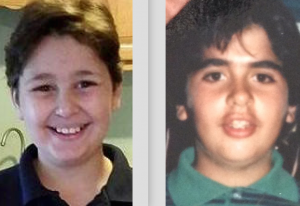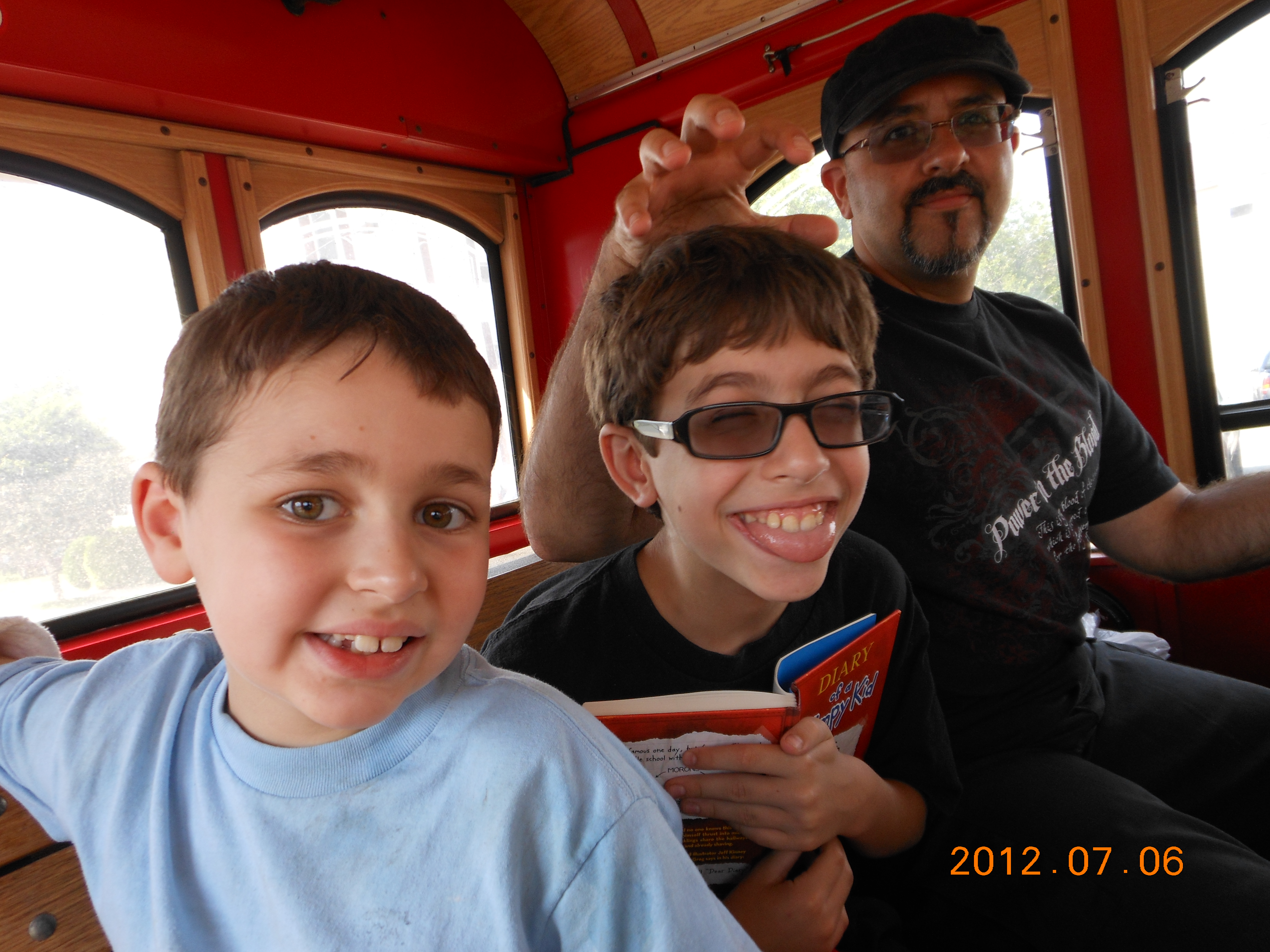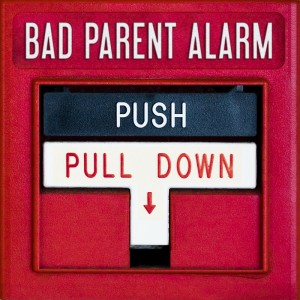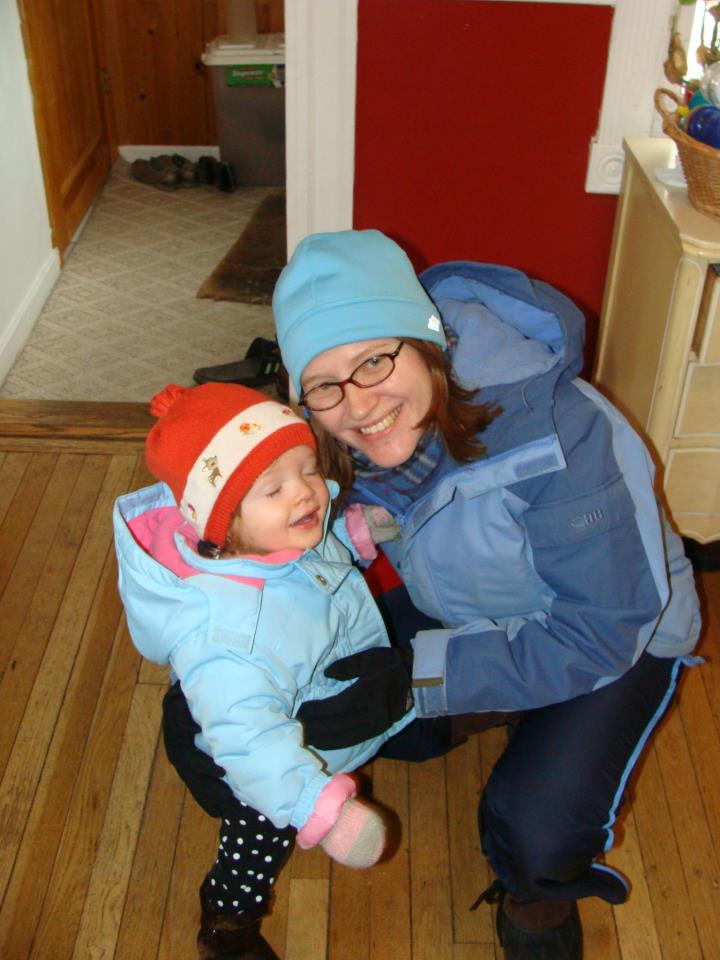Yesterday my younger son, Duncan, turned 12. He’s been through a lot, and he makes me proud every day.
Mood music:
I often tell people Duncan is the spitting image of me at that age. He certainly looks like I did at 12. And as I did, he has developmental challenges. As a kid I was never diagnosed with something like ADHD or placed on the autism spectrum. But that was the early 1980s, when kids weren’t regularly tested for such things.
I was sick and hospitalized a lot, and I think people chalked my immaturity and slowness to learn as byproducts of a lot of missed school. As I got older, some teachers labeled me as less than average. In middle school they placed me in the C group for 7th and 8th grade. I don’t think we remember childhood events exactly as they were, but it seems there were more than a few teachers who didn’t think I’d amount to much.
I hope I defied those expectations, but it took a lot of work that didn’t start until adulthood and a proper diagnosis.
Duncan has been through the wringer in his young life, going through neurological testing; switching schools, doctors and medications; and spending many hard hours getting through homework. But in the last two years, he has made enormous progress.
With the assistance of some excellent teachers and administrators — and some great work on the part of the Triumph Center — he has made huge strides. His focus is better, and his social skills have made a quantum leap in the last couple years. I also give Erin a ton of credit for the time and effort she puts in for Duncan every day. Some days can be difficult and he doesn’t always appreciate how relentless his mom can be. But some day he will.
Some things haven’t changed, thankfully. He’s always had a heart as big as the sky, eager to help those in need, including a new student in his class in need of friends. He still has a big range of interests that he works at, most notably cooking and music. And he has a command of vocabulary that’s hard to come by in kids his age. He writes not because he has to — some school assignments notwithstanding — but because he enjoys it.
He cares about all life and has chastised me more than once for killing a fly. The neighbors’ pets love him, coming right up to him when he’s outside. They know his is a gentle, sweet soul. And he’s a dedicated Boy Scout.
At that age, I was usually lucky to get the occasional B or A, often getting Cs and Ds. About all I cared about was going to movies and playing with my Star Wars toys.
Parents dream that their kids will climb to greater heights they they did. Duncan, like his brother, is well on his way to fulfilling that dream for me.
Happy birthday, Duncan. Keep soaring!






